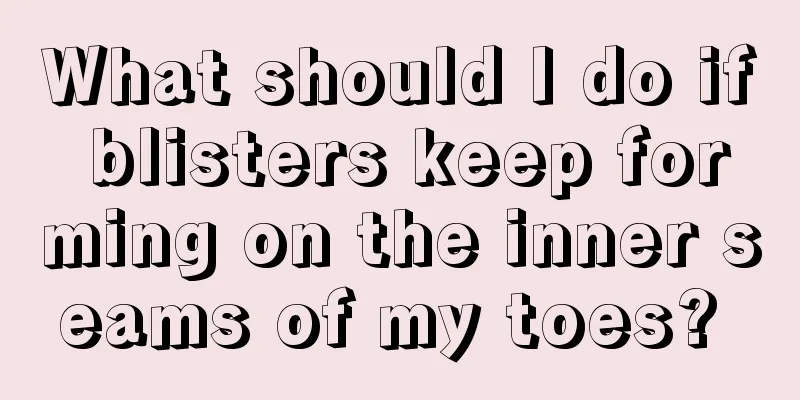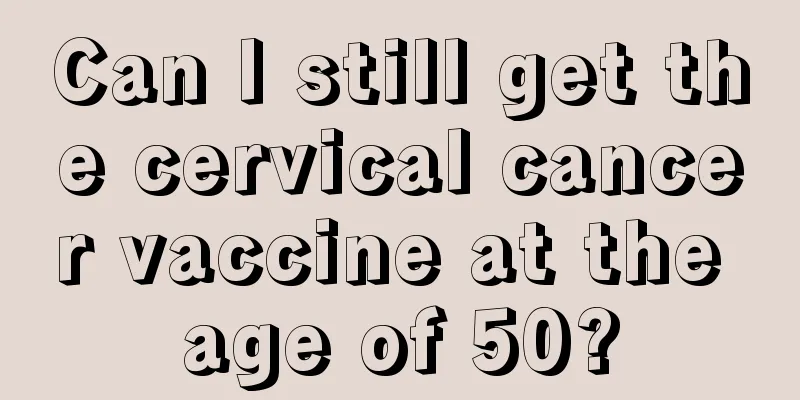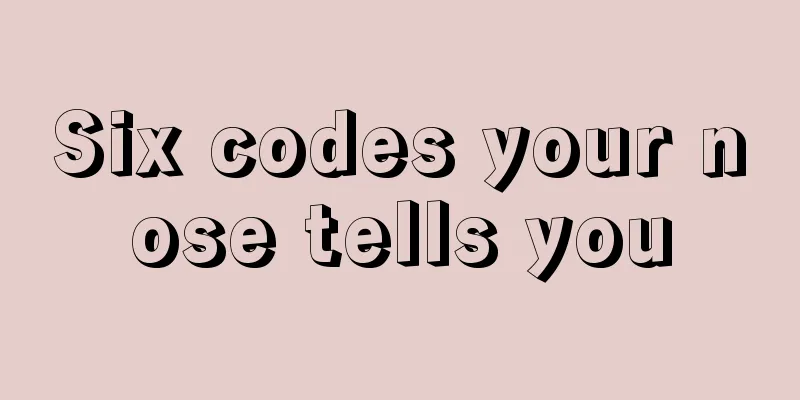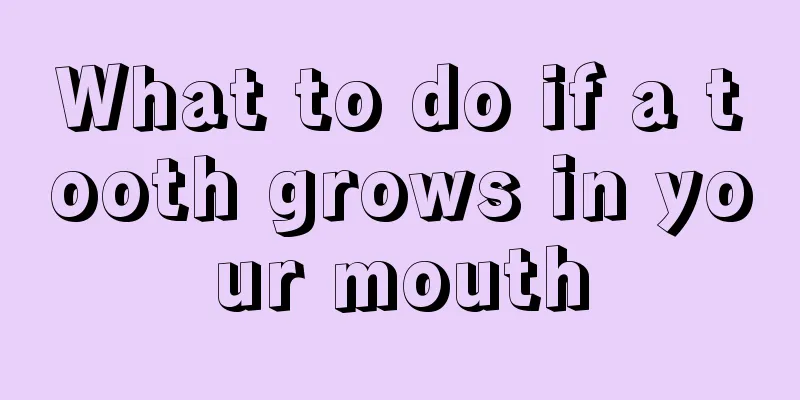What are the methods to remove Chinese medicine stains
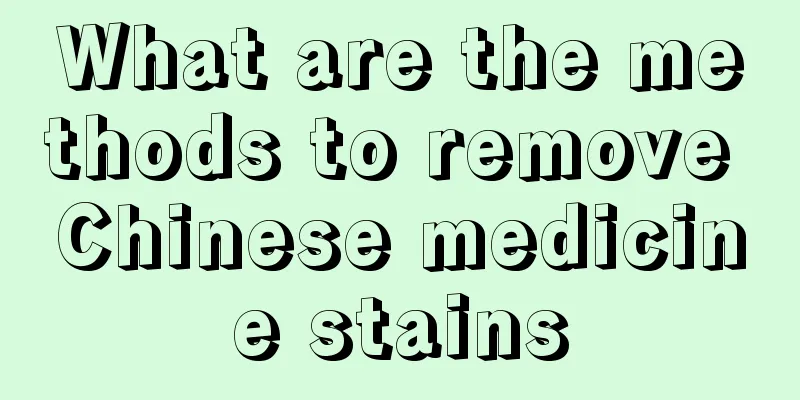
|
When our bodies are under some health conditions or suffer from some chronic diseases, many people will choose to drink some Chinese medicine for conditioning. Chinese medicine has a significant effect in treating these diseases. However, many people cannot accept the taste of Chinese medicine when taking it, and often accidentally spill it everywhere, leaving some marks on their clothes. How to remove Chinese medicine stains Laundry Detergent When the clothes are dry, apply the original liquid laundry detergent to the stain, completely covering the stain. After leaving it for 5 minutes (you can gently rub it), add the laundry detergent and wash it normally. ammonia Generally, use a dilute ammonia solution made by mixing 1 part 10% ammonia with 10 parts water to soak it, and then use a cotton ball dipped in this liquid to wipe until it is clean. Hydrogen Peroxide Wipe with a 3% hydrogen peroxide solution, then rinse with clean water until clean. gasoline Take an appropriate amount of gasoline to wipe the Chinese medicine stains on clothes. When the medicine stains disappear, use detergent to clean the gasoline on the clothes. Oxalic acid solution It can be removed by washing with 2% oxalic acid solution in warm water at about 50°C, and then rinsed with clean water. Vitamin C powder Grind 3-4 vitamin C tablets into powder, sprinkle it on the dirty areas of wet clothes, and then rub them with water several times. Enzyme laundry detergent/soap Use laundry detergent or soap containing enzyme ingredients to wash, the active enzyme will make the stains disappear instantly. vinegar Weakly acidic vinegar can hydrolyze many things. Soak clothes contaminated by traditional Chinese medicine in vinegar. After a few minutes, take out the clothes and rub them to absorb the stains. What are the taboos during taking Chinese medicine? 1. It is not advisable to eat certain foods while taking medicine, so as not to reduce the efficacy or aggravate the condition. When taking Chinese medicine to clear internal heat, it is not advisable to eat hot foods such as onions, garlic, pepper, mutton, dog meat, etc.; when taking Chinese medicine to treat "cold syndrome", raw and cold foods should be avoided. If you eat prohibited foods while taking these medicines, the therapeutic effect will not be ideal or may even have the opposite effect. 2. Do not drink strong tea when taking Chinese medicine. Because tea contains tannic acid, and strong tea contains more tannic acid, taking it together with Chinese medicine will affect the body's absorption of the effective ingredients of the medicine and reduce its efficacy. Other beverages such as coffee should not be consumed; boiled water should be the main drink. 3. Colds or rashes in children It is not advisable to eat raw, cold, sour, and greasy foods; when treating chest tightness and abdominal distension caused by qi stagnation, it is not advisable to eat beans and sweet potatoes, because these foods can easily cause bloating. Other advice includes: patients with edema should eat less salt; patients with hepatitis should avoid spicy and greasy food. 4. Patients with asthma and allergic dermatitis You should eat less lamb, pork heads, fish, shrimp, crabs, etc. During an asthma attack, high-protein foods such as eggs, milk, fish and shrimp will become "triggering foods" that aggravate the condition. In addition, due to the disease, no matter what medication you take, you should avoid eating raw, cold, greasy, fishy, and other foods that are difficult to digest or have special irritants. 5. Drug dosage. Drug dosage is the key to drug efficacy. Many people believe that Chinese medicine has a slow effect and increasing the dosage will produce faster results. In fact, the effects of medicines vary depending on the dosage. For example, some people often chew ginseng, or use it to stew meat or make soup to achieve health-care effects. However, they do not know that eating too much ginseng can cause toxic reactions such as headaches, insomnia, palpitations, irritability, constipation, and increased blood pressure. 6. Take medicine. The decocted medicine should be taken one hour before meals; medicines that are irritating to the gastrointestinal tract should be taken after meals; tonic medicines should be taken on an empty stomach; tranquilizers should be taken before bedtime; Method of taking medicine: Generally each dose is taken in 2 to 3 times, 1 dose per day; in special circumstances, 2 doses can be taken in 1 day to enhance the efficacy. 7. Medicinal guide. Traditional Chinese medicine prescriptions are composed of monarch, minister, adjuvant and envoy ingredients. The adjuvant medicine is what people often call the medicine inducer. Most medicine inducers are both medicinal and food, such as ginger, scallion, wine, vinegar, etc., which have the effect of enhancing the therapeutic effect. However, not all prescriptions require the use of medicine inducers. It should be decided by the doctor based on the condition of the patient. |
<<: What is the correct way to take fish oil and lecithin
>>: What are the techniques for cupping and tightening?
Recommend
Can I get pregnant if I have ovarian cancer?
Ovarian cancer will definitely affect pregnancy p...
Effects and functions of mineral crystals
The mineral crystal mentioned here is just a name...
Two acupuncture methods for treating esophageal cancer
Traditional medicine's understanding of esoph...
How to effectively prevent prostate cancer
How to effectively prevent prostate cancer? Prost...
Which hospital is best for colon cancer treatment
In terms of current medical technology, colon can...
What factors can cause pancreatic cancer
What factors may cause pancreatic cancer? The spe...
What are the complications after radiotherapy for laryngeal cancer
Laryngeal cancer is a malignant tumor that occurs...
What disease is it that causes constant burping and farting
Hiccups, farts, yawns... these little embarrassme...
When is the best time to do aerobic exercise
Maybe many of us don’t know much about the best t...
Symmetrical itching on the body
If you feel symmetrical itching on your body, it ...
What to do if you get nasopharyngeal cancer during pregnancy
Some cancer treatments can affect fertility, but ...
How long can you live with liver cancer metastasis to lung cancer
Liver cancer is highly malignant and the treatmen...
How to take care of a drunk husband
In life, there are many men who come home after d...
How to remove scars more effectively
Scar problem makes many people distressed and wan...
How can I urinate quickly after drinking water?
Most people in life have this habit. They always ...


